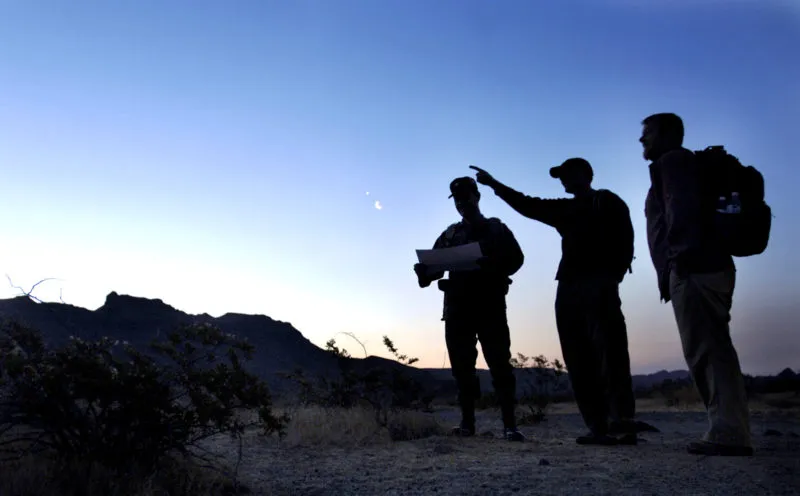Help! Lending a hand to vulnerable species

Global hotspots, such as the waters southeast of Australia, have warmed dramatically and dozens of marine animals have moved south. Many others need our help.
Dr Alistair Hobday, from CSIRO, says these sea temperature changes are clear – not only in the physical records, but also in the biology. ‘As the oceans have warmed, nutrient levels have changed, which is influencing productivity southeast of Australia,’ he says. ‘More than 100 species of fish and two dozen invertebrate species have moved south.’
With temperature rises having a dramatic impact, Alistair is investigating adaptation options for ecosystems as a whole, as well as individual species. In partnership with the Tasmanian Department of Primary Industries, Parks, Water and Environment, Alistair has investigated adaptation options for the shy albatross, a protected species that is in decline.
You can find out more at connect.coastadapt.com.au/discussion/72/help-lending-a-hand-to-vulnerable-species#Item_1
Scientell is working with the National Climate Change Adaptation Research Facility (NCCARF) on their online discussion about coastal adaptation, CoastExchange. You can sign up at connect.coastadapt.com.au/.
Date Posted:
May 18, 2016
